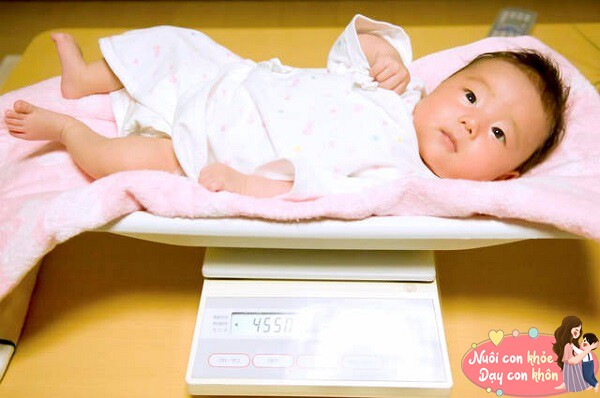

Three Overlooked “Smart Switches” for Children
The Relationship Between Birth Weight and IQ
A pediatrician used the metaphor of “building a house” to illustrate: “Nutrition during pregnancy is like laying the foundation, while post-natal decoration and design are crucial.” This suggests that a solid nutritional foundation during pregnancy will determine a child’s holistic development.
Babies with moderate birth weights are a sign that they have received adequate and balanced nutrition from their mothers, providing sufficient “raw materials” for healthy brain development.

Children with moderate birth weights tend to have head circumferences closer to the average, a crucial factor in explaining why these children often perform better on IQ tests.
Additionally, children with healthier physiques have more energy to explore their surroundings. The more children interact with their environment, the more their brains develop. These rich experiences stimulate creativity and improve social and emotional abilities later in life.
However, Dr. Ly also noted that while birth weight influences IQ, it is not the sole determining factor.
Ages 0-3: The Golden Period for Brain Development
These seemingly random interactions in daily life are the “secret weapons” that stimulate children’s brains. For instance, when you add milk powder to a bottle in front of your child and count, “one spoon, two spoons… drinking more milk will make you grow taller.” Or when you take your child to the supermarket and point to a tomato, saying: “This is a red tomato, and I use it for cooking.”
When children think along with your instructions, their neural networks are rapidly built. So, the most effective “smart pill” is to regularly converse with your children.
Another study by Harvard University found that children aged three who conversed with their parents for more than 30 minutes daily displayed twice as much brain activity as their peers.
These regular conversations can inspire children to develop rich imaginations and enhance their thinking and language expression abilities.

Exercise Enhances Brain Function and Promotes Critical Thinking
Physical activity can increase blood flow to the brain, especially running and jumping rope, which promote brain blood circulation, increase oxygen and nutrient supply, and accelerate neuron production.
Research from Harvard University indicates that regular exercise in children can stimulate protein synthesis in the brain and enhance neural connections in areas associated with learning abilities.
In reality, many children who play soccer exhibit improved academic performance and enhanced concentration.

Guidelines for Optimizing Brain Development in Children
Ages 0-3: The Golden Period for Brain Development
Parents should ensure their children spend approximately one hour per day engaging in outdoor activities and allow them to play freely within a safe environment.
Make an effort to converse and interact with your children. This helps them build neural networks in their brains, fostering language skills and critical thinking abilities. When fathers explore new things with their children, the kids learn to express their emotions, share ideas, and develop self-confidence.
Ages 3-6: The Boom of Logical Thinking
Regularly playing with puzzles, Lego blocks, and chess helps children develop spatial thinking and practical skills. When children assemble the pieces themselves, they learn the value of task completion and experience the satisfaction of a job well done.
Parents can also play hypothetical “what if” games with their children to stimulate their imaginations. Children envision different scenarios and connect them to reality, learning to make decisions and predict the consequences of their actions.

Encourage children to solve problems independently, such as picking up fallen Lego blocks or fixing broken toys, to foster self-reliance and confidence. Moreover, finding their solutions makes children feel more in control of the situation.
Ages 6 and Above: The Crucial Stage for Developing Interests
During this stage, children experience rapid cognitive development, so parents should respect their children’s interests and hobbies.
Transform learning into a game, such as quizzes, or apply simple math concepts during grocery shopping.
Frequently hold family discussions to encourage children to express their opinions and voice their thoughts.
Every child has a unique development pace, and a sense of security is the best catalyst. Spend at least 15 minutes of one-on-one time with your child daily. Meanwhile, IQ, similar to muscle training, requires environmental stimulation for improvement.
Instead of worrying about your child’s birth weight, turn your daily life into a “brain-training exercise.”







































